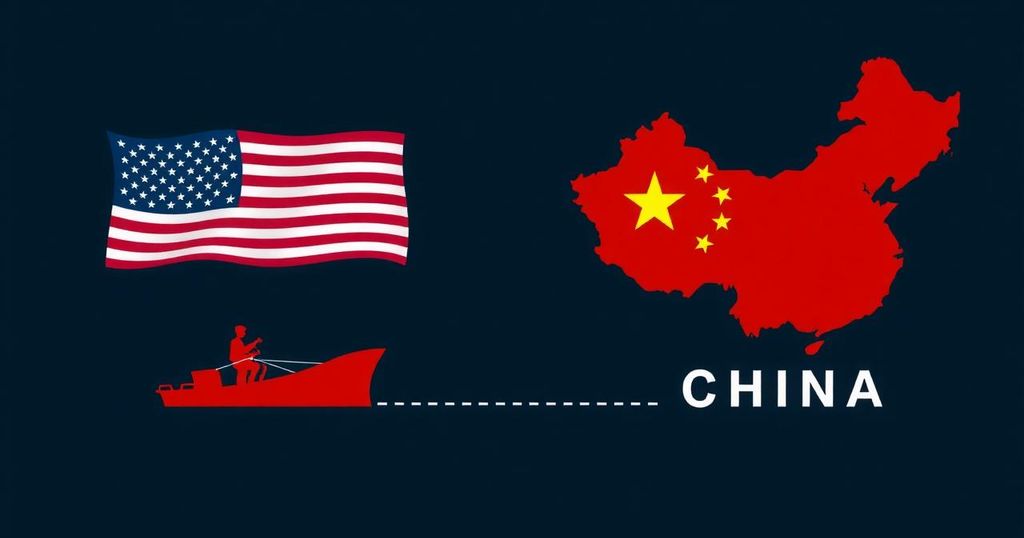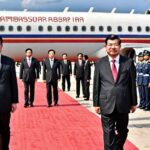Malaysia’s Strategic Balancing Act Amid US-China Rivalry
In light of the ongoing geopolitical rivalry between the United States and China, Malaysia is taking strategic steps to enhance its economic growth while navigating these complex international dynamics. Prime Minister Anwar Ibrahim has been fostering closer relations with China, Malaysia’s largest trade partner since 2009. This approach is particularly salient as China and the US engage in escalating trade and geopolitical tensions.
During a notable visit in June, Chinese Premier Li Qiang’s trip to Malaysia resulted in the signing of several agreements, including the renewal of a five-year economic and trade cooperation pact. This visit coincided with the celebration of the 50th anniversary of diplomatic relations between the two countries. The two leaders also participated in a groundbreaking ceremony for a train station associated with the East Coast Rail Link (ECRL), a vital project under China’s Belt and Road Initiative (BRI), which symbolizes China’s influence in Southeast Asia through substantial infrastructure investment.
The agreements resulting from Premier Li’s visit extend beyond mere economic cooperation; they encompass a range of sectors including digital economy investments, urban development, countering transnational crime, strengthened educational ties, tourism, and cultural exchanges. Notably, in alignment with its strategic initiatives, Malaysia has expressed interest in joining the BRICS group of emerging economies, enhancing its collaborative efforts with China, Brazil, Russia, India, and South Africa.
As Malaysia seeks to expand its economic cooperation with China, it is also tasked with a careful management of the tense geopolitical landscape in the South China Sea. China’s extensive territorial claims in the region have faced scrutiny, particularly following a 2016 international tribunal ruling that refuted the legal basis for these claims. While neighboring nations such as the Philippines and Vietnam have taken a firmer stance against China’s assertions, Malaysia has opted for a more reserved approach under the Anwar administration. In 2019, a prior government condemned China’s claims, yet the current leadership has called for calm amidst reports of Chinese coast guard presence in Malaysia’s Exclusive Economic Zone (EEZ).
Analysts suggest that Malaysia’s subdued strategy may be driven by a desire to avoid economic retaliation from Beijing, thereby facilitating potential investments, particularly in Malaysia’s semiconductor sector. According to Zachary Abuza, a professor at the National War College, increased Chinese investment is anticipated, partially as a maneuver to circumvent Western sanctions following the US’s export controls on high-tech semiconductor components intended to stymie China’s military advancements.
Malaysia’s economic interests are thus delicately balanced within the wider conflict between the US and China. The United States remains one of Malaysia’s key trading partners, maintaining a historical commitment to security and economic cooperation since establishing diplomatic ties 67 years ago. However, Prime Minister Anwar has expressed a willingness to pursue economic opportunities irrespective of US sanctions and pressures, emphasizing Malaysia’s intention to conduct trade with all nations.
In navigating this multifaceted and often contentious landscape, smaller Southeast Asian nations, including Malaysia, strive to sustain amicable relations with both global giants. It remains to be seen, however, whether this balancing act can endure without provoking repercussions from either the US or China as both nations contend for regional influence and stability.








Post Comment